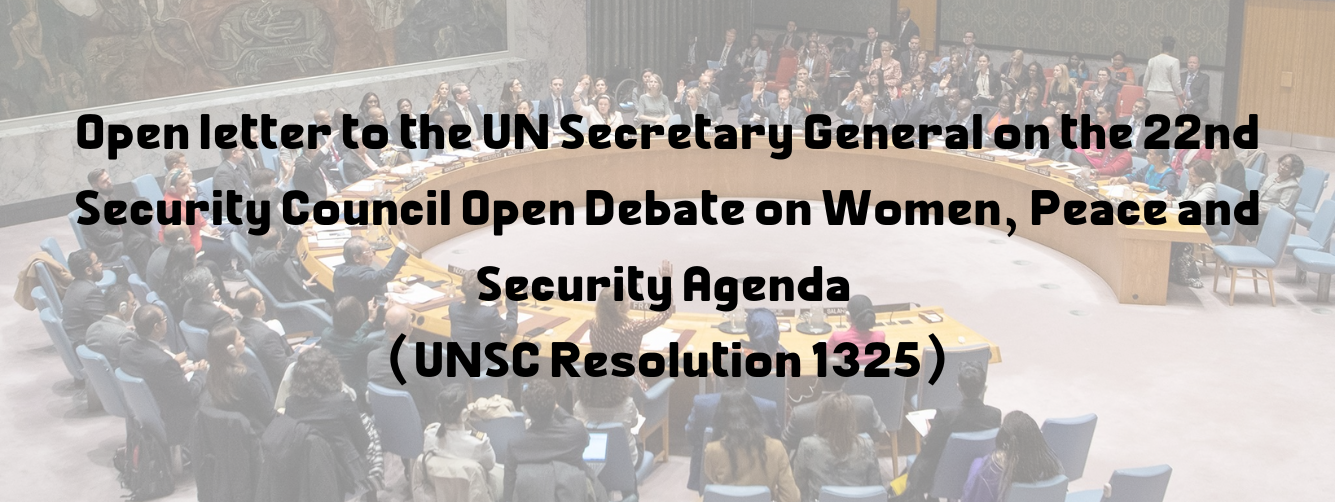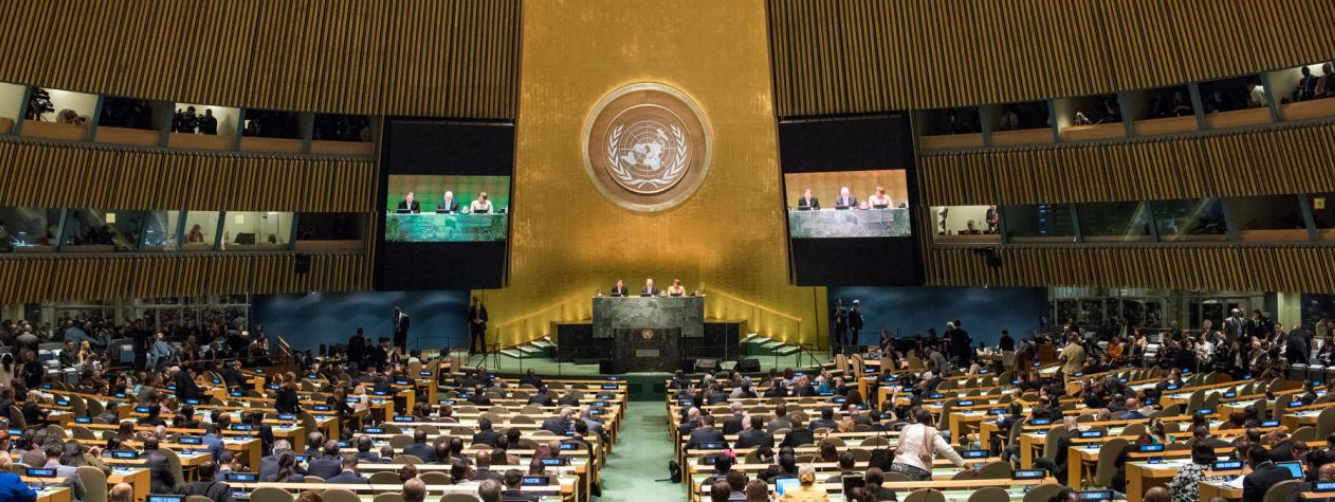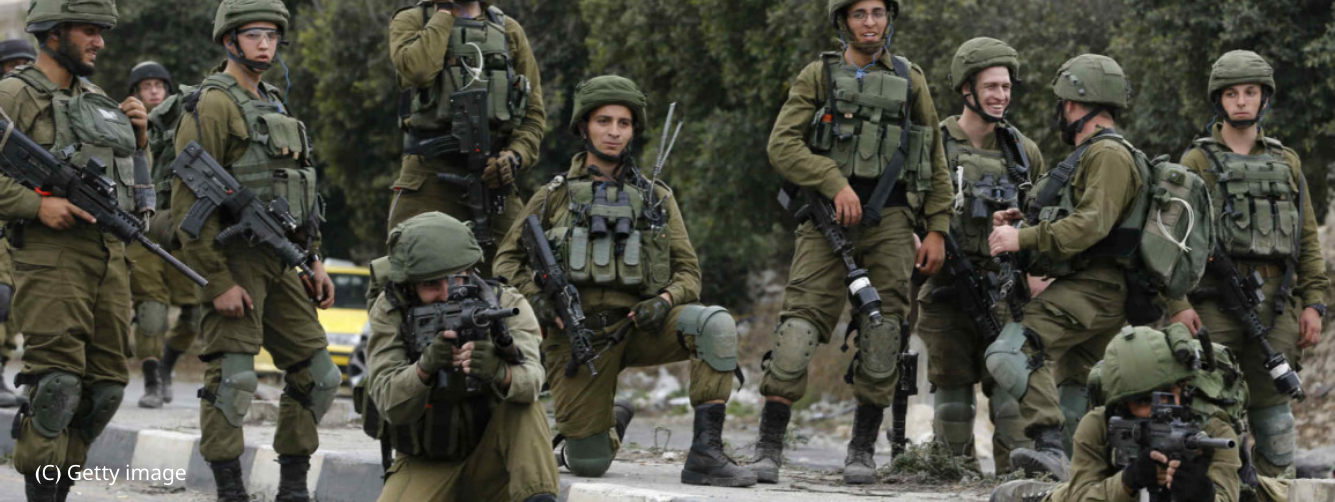On February 22, 2005, the Dearborn campus Student Government passed a resolution calling for immediate divestment from Israel. This was the first time any U-M student group has passed such a resolution, and one of the first nationwide. That action sparked a discussion among the Dearborn faculty, and reenergized our belief that this issue required further investigation.
The students called for outright divestment, but we as faculty recognized that there exists a formal divestment process that begins with the formation of an investigative committee.
The conditions necessary for such a committee were spelled out by the Regents in 1978: If any particular issue "involves serious moral or ethical questions which are of concern to many members of the University community", then "an advisory committee…will be appointed" (March meeting, 1978; p. 1059). These conditions are quite broad, but nonetheless have been effectively employed twice: with respect to South Africa in 1978, and with tobacco stocks in 2000. In both cases divestment was recommended, and implemented.
Certainly the situation in Palestine differs in many ways from that in South Africa, and from the health risks posed by tobacco. They are vastly different issues, but share two common qualities: they all present "serious moral or ethical questions" with regard to our investments, and they are of concern to a large number of the University community. The situation in Israel/Palestine is at least as serious as South African apartheid, and at least as serious as the moral dilemma posed by owning tobacco stocks. Certainly it merits inquiry.
To this end, an ad hoc group of faculty members, from both Dearborn and Ann Arbor, have drafted a "Letter of Support for an Inquiry into Divestment", calling on the University administration, NOT to divest, but simply to establish an advisory committee and investigate if divestment is warranted. The objective of the inquiry would be to lay out the full extent of University investments in both Israel and Palestine, and determine which, if any, are implicated in the illegal and immoral actions occurring there. The committee would solicit comments from members of the University community, weigh the arguments, and then make a recommendation. A provisional website has been established (http://casl.umd.umich.edu/divestment), to post the letter and collect names. We have set a nominal deadline of November 1, though this may be extended if necessary.
The Letter of Support is very innocuous, and represents a minimal first step toward taking positive action. The 38-year Israeli presence in Palestine is undoubtedly a serious moral issue, and is costing lives on both sides though at a rate 7 times higher for Palestinians. The occupation has been condemned by Human Rights Watch, Amnesty International, B'tselem, and the International Committee of the Red Cross. It has been a major factor in both Iraq wars, and the global 'war on terror'. In our view, the University ought not be party to this action, which, by most measures, is illegal and immoral. If our divestment from US corporations can, in any small way, hasten its end, then divestment ought to be investigated.
A few concerns will immediately be raised. First: Why pick on Israel? There are many human rights abuses around the world, one may say, so why pick this one? There are many reasons: (1) No other conflict is directly sustained by the products and services of US corporations, corporations of which the University is part-owner. (2) A divestment inquiry has a greater likelihood of affecting this situation than any other conflict, especially now that the stalemate over Arafat has ended. (3) This conflict is the one with the greatest global consequence, since it has been an important factor in both Gulf wars, the 9/11 attack, and the war on terror. (4) There is rough global consensus that this issue is of utmost importance -- based on UN resolutions and public surveys, among other things. (5) By utilitarian analysis, this conflict has involved more people (3.8 million Palestinians), over a longer time (57 years—since the formation of Israel), than any other. And one more observation: An inquiry into Israel/Palestine does not preclude other inquiries or other divestment actions. If there are other serious issues involved with our investments, let us investigate those as well.
Another concern is the issue of 'taking sides'. Many would prefer to remain 'neutral' on this whole subject. But, as much as we might wish it, there is no being neutral here. The occupation is in its 38th year, and the University continues to hold millions of dollars in corporations directly involved primarily as arms and ammunition suppliers. We are funding, and profiting from, the occupation. To be 'neutral' is to accept the status quo, and therefore to support the occupation. This is a grave insult to Palestinians, Arabs, and sympathetic Muslims not to mention world opinion. The status quo is an offense to our Arab and Muslim faculty, staff, and students. Some might be hesitant to sign the Letter of Support because it may 'cause offense'. But there is no inoffensive alternative here. The issue is not 'cause no offense', but rather, 'whom shall we offend'.
A third concern we have heard, related to the above, is the issue of 'not wanting to alienate potential allies' this among putative supporters of an end to the occupation. Many progressives on campus prefer to carry on with talks, dialogues, colloquia, and various bridge-building exercises. These are fine, except they show no evidence of success. If the 'progress' of the past 38 years is all we have to show for our efforts at dialogue, then clearly it is time to try something else. The fact that over 170 leaders of Palestinian civil society have called for divestment assures us that it is the right action, and may have some effect upon ending the occupation.
Fourth, some have claimed that any steps toward divestment are aimed at 'the destruction of Israel'. This is a ludicrous statement and hardly worth commentary, except that it seems to be held by more than a few individuals. As if U-M, by selling some shares of stock in US defense contractors, could lead to the end of Israel! (At last check, South Africa was still in existence.) The most powerful military in the Middle East has nothing to fear from our actions. Israeli support by the US Congress is assured, and the $6 billion in direct and indirect aid Israel receives each year roughly $1000 for every man, woman, and child is not at risk. Our actions have only moral and symbolic importance.
Fifth, we hear from some people that 'divestment will never happen, so why waste our time?' Some quote our President. On September 26, 2002, Mary Sue Coleman stated, "I do not support divestment. As a matter of University policy, we [?] do not believe that political interests should govern our investment decisions. … [Conditions such as those leading to prior divestments] do not exist, and I do not plan to ask our Board of Regents to pursue divestment." Technically, she was correct. But that is not to say that conditions have not changed. The situation is worse, more lives have been lost or ruined (Israeli and Palestinian), and the security barrier/apartheid wall is rapidly nearing completion. President Coleman does not personally make the decision to investigate; the University community does. If sufficient concern is expressed, she must act.
There is a final, and most troubling, concern: Some who are clearly in sympathy with a divestment inquiry are afraid to speak out publicly, for fear of implicit or explicit retribution. Any such threats are absolutely intolerable in a free and open university, and must be immediately and categorically condemned. The mere fact that this concern exists speaks very poorly for our university.
We should support an inquiry on moral principle. The occupation is wrong, and efforts promoting its end are morally right actions, regardless of consequences. A signature takes all of a few seconds, so any 'waste of time' is inconsequential. And, we can be sure nothing will happen if no one raises a voice.
Many in this University are advocates of human rights. Many are anti-war; many have great concern for Palestinian, and Israeli, suffering. All these causes are served by exploring divestment. The Letter of Support is perhaps the best opportunity we will have to take some small action, and express to the administration the need to follow University policy and begin a formal inquiry.







